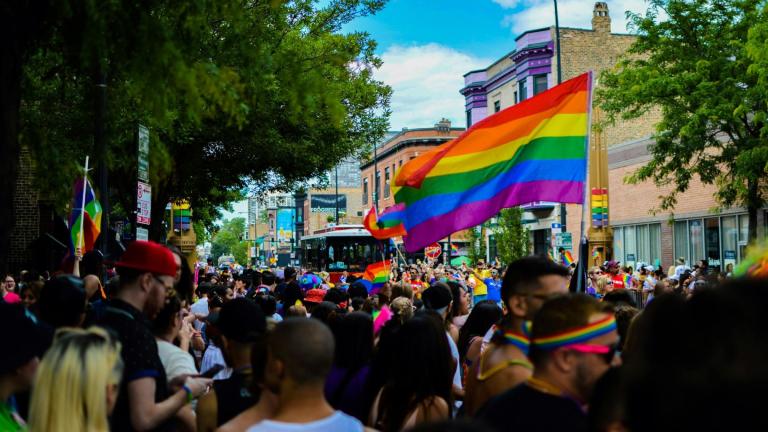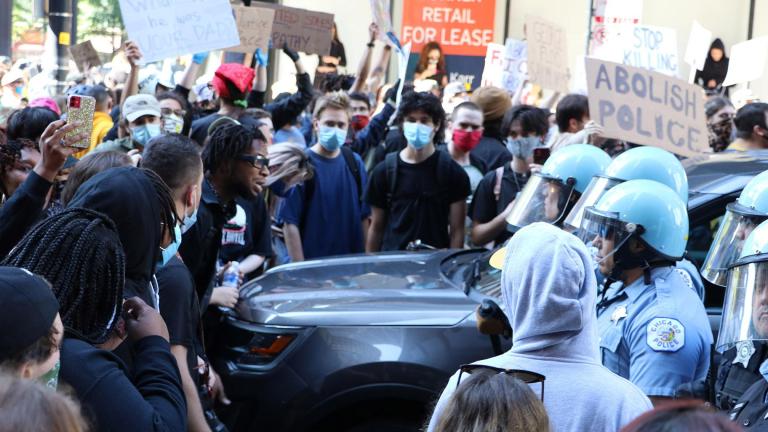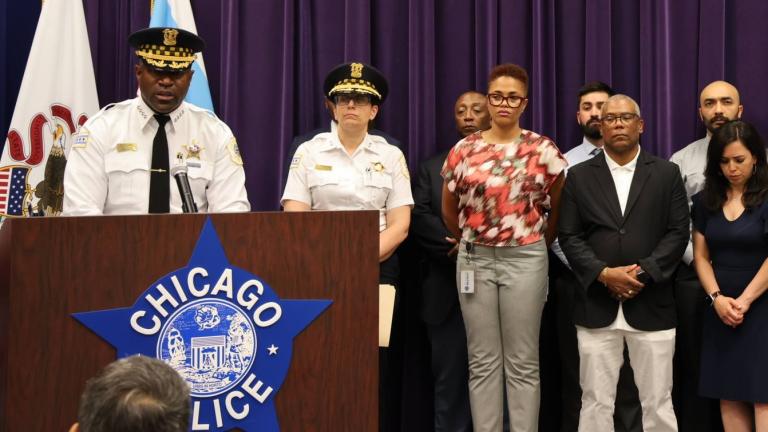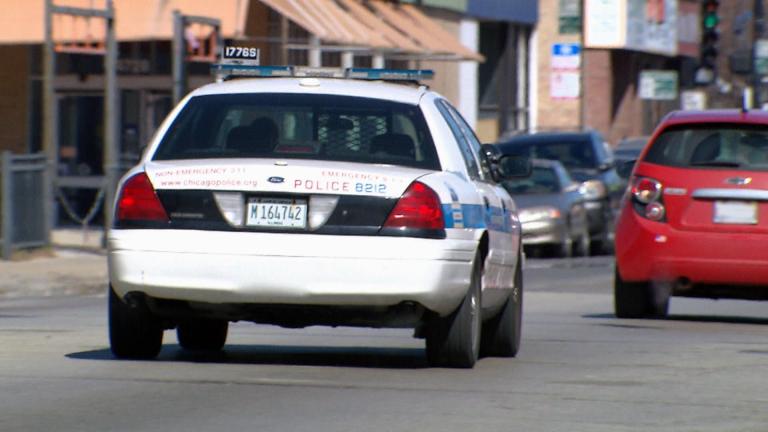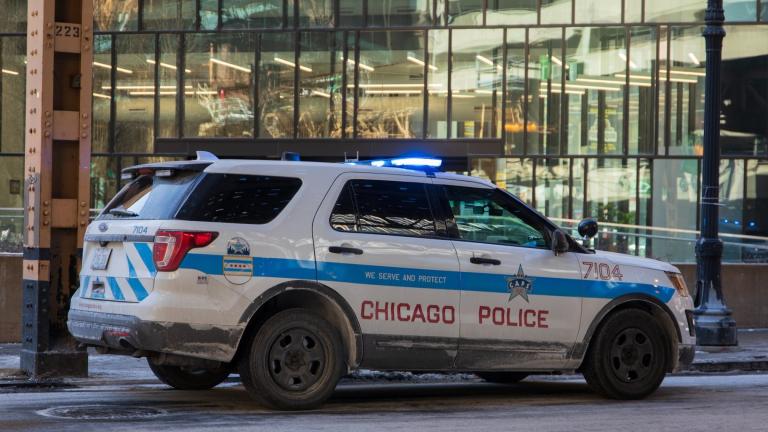Mayor Lori Lightfoot’s proposal to fight crime by going after the profits earned by Chicago’s gangs failed to pass the Chicago City Council on Wednesday amid a deluge of criticism.
For months, Lightfoot has passionately defended her plan to give the city the power to seize the assets of gangs and adult gang leaders as a necessary tool at a time when homicides, carjackings and other violent crimes are surging.
Public Safety Committee Chair Ald. Chris Taliaferro (29th Ward) and Ald. Anthony Napolitano (41st Ward) — who both supported the proposal — used a parliamentary procedure to prevent a vote on Wednesday, an indication that the mayor was likely to face defeat. The proposal could come back for a vote at the next meeting of the Chicago City Council, set for March 23.
After the City Council, Lightfoot said she thought the measure would have passed had it come up for a vote. The delay was designed to give alderpeople more time to consider the proposal that was first unveiled in September, she said.
“What I’d like the critics to answer is to answer the call, and the cry, and the plea of people in neighborhoods that are under siege by gang violence. Tell them why we should not take away the profit motive of gangs who are killing our children,” Lightfoot said.
Members of the City Council have been inundated with "misinformation," Lightfoot said.
The measure calls for each offense to be punished with fines ranging from $10,000 to $15,000 for first offenses and $20,000 to $30,000 for second offenses. Lightfoot has promised that at least half of the fines collected by the city would have to be earmarked to help the victims of gang crimes.
Civil rights groups and police reform advocates said the measure would do nothing to stop crime but would target Black and Latino Chicagoans.
Deputy Mayor for Public Safety John O’Malley and Chicago Police Department Deputy Chief Ernest Cato told alderpeople the measure would give them a new way to fight crime by threatening the only thing that gang leaders care about — their money.
O’Malley and Cato were repeatedly pressed by members of the City Council’s Progressive Caucus to share evidence backed up by data that similar laws had been effective in reducing gang violence. Both acknowledged that they have no evidence to show that the proposal has worked in other cities and states.
The measure is also opposed by the ACLU of Illinois and Fraternal Order of Police Lodge 7 President John Catanzara who called it “political theater.”
Director of Communications and Public Policy Ed Yohnka encouraged the mayor to drop the proposal and "bring a laser-like focus on police reform, by coming into full compliance with all provisions of the federal consent decree, and on the individualized investigations of crime."
The measure requires those facing the loss of property to be notified before the court case against them begins in earnest. Owners could prevent the loss of their property by convincing a judge they did not know it had been used for criminal purposes or “acquired through street gang related activity.”
In addition, if the city is seeking to seize a car, a family member could be given the vehicle if they can prove the loss of the vehicle would cause a financial hardship because they need it to get to work or to transport other family members, according to the proposal.
Police Misconduct Settlements
In other action, four alderpeople blocked the City Council from voting on a proposal to pay $1.67 million to settle a lawsuit filed by five people who were pulled from their car by seven Chicago Police officers during the unrest that swept the city after the police murder of George Floyd during the summer of 2020.
Alds. Raymond Lopez (15th Ward), Felix Cardona (31st Ward), Nicholas Sposato (38th Ward) and Silvana Tabares (23rd Ward) blocked the vote.
Sposato ignited a firestorm when said he said during Thursday’s meeting of the Finance Committee that he was convinced that the four Black women and one Black man who were pulled from their car outside the Northwest Side’s Brickyard Mall were there to loot a sporting goods store because they would not have traveled from North Lawndale to shop at the mall for party supplies and items for a baby.
Assistant Corporation Counsel Caroline Fronczak said the probe of the incident by the Civilian Office of Police Accountability uncovered no evidence that tied Mia Wright, Tnika Tate, Kim Woods, Ebony Wilbourn and Javon Hill to any criminal activity.
The proposal could get a final vote at the next City Council meeting set for March 23.
However, the City Council unanimously agreed to pay $1.4 million to the family of a toddler who was struck and killed by a car driven by a man being chased by police and another $1.2 million two men who were shot by a Chicago Police officer while they sat in a parked car in Old Irving Park in December 2020.
The final settlement approved unanimously Wednesday will end a lawsuit filed by a man who spent seven years in prison after being wrongfully convicted in connection with a 2004 shooting that wounded three people and killed a man with a payment of $150,000.
Contact Heather Cherone: @HeatherCherone | (773) 569-1863 | [email protected]

